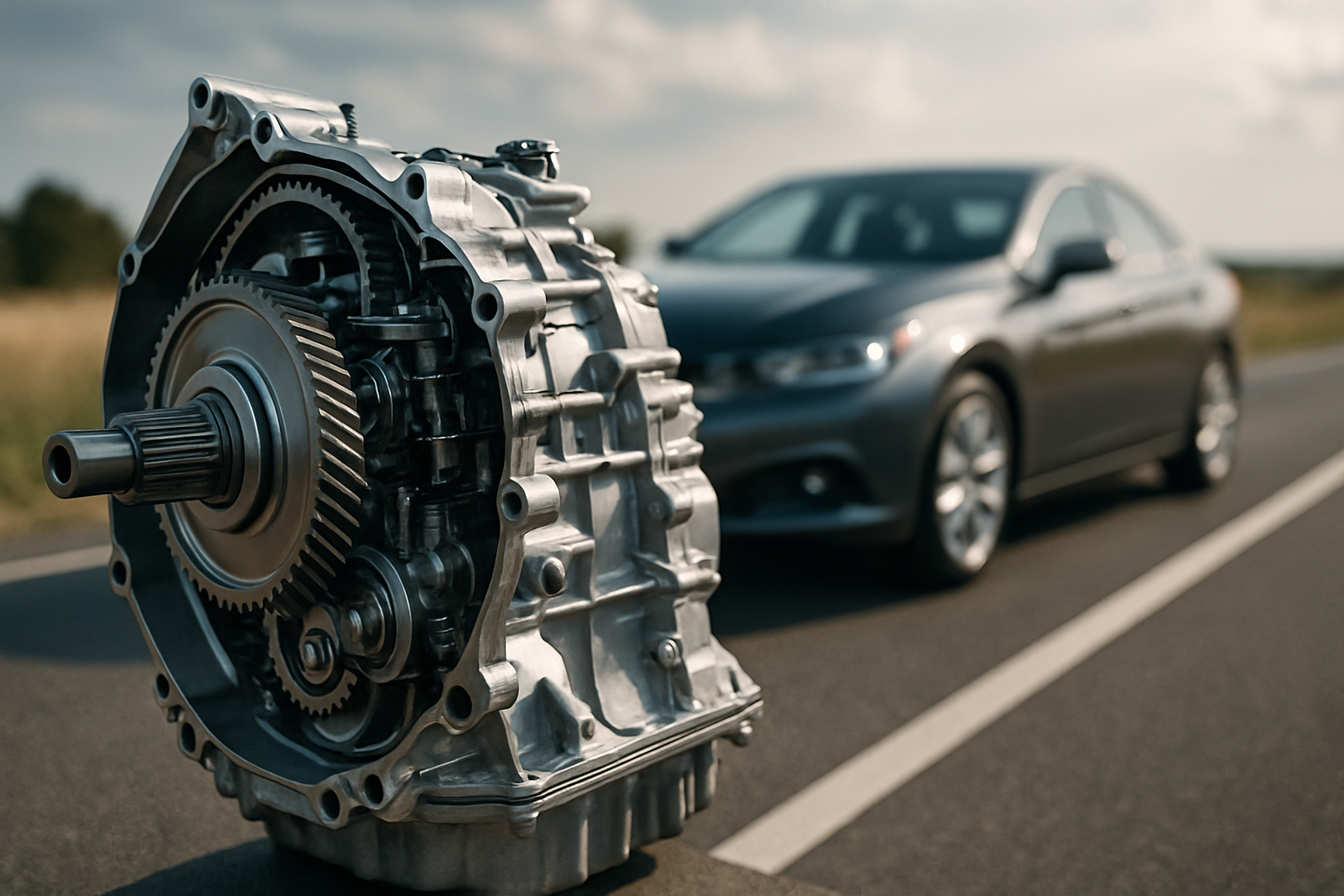How to Find Budget Friendly Jeeps and Trucks at Military Surplus Auctions
Military surplus auctions can open the door to rugged Jeeps and trucks at prices that often undercut regular used vehicle listings. By understanding how these sales work, where to find them, and how to judge condition and total ownership cost, you can decide whether a surplus 4x4 or cargo hauler fits your budget and your needs.

Across many countries, armed forces rotate fleets of Jeeps, pickups, and cargo trucks out of service even when they still have useful life left. Many of these vehicles are offered to the public through structured surplus auctions, both online and at physical yards, giving civilian buyers a way to access tough machinery at potentially lower prices than similar models on the regular used market.
While the appeal of a battle proven truck or military style Jeep is strong, buying one is not as simple as browsing a dealership lot. Vehicles are often sold as is, paperwork can vary by country, and the total cost goes far beyond the winning bid. Understanding the process, the platforms, and the risks is essential before you start raising your paddle or clicking on bids in your area.
How can you score Jeeps and trucks at military auctions
To find suitable Jeeps and trucks, start by identifying official surplus channels. In the United States, for example, government surplus vehicles are commonly sold through platforms such as GovPlanet, GSA Auctions, and GovDeals. Other countries run similar government managed or contracted auction sites where defense assets are listed to the public. Create an account, verify any buyer requirements, and study upcoming catalogs well before bidding opens.
Next, focus on gathering information. Read the lot description carefully, paying attention to mileage, running condition, maintenance history, and whether a vehicle has a title or only a bill of sale. Use the available photos to look for visible rust, fluid leaks, or body damage. When physical inspections are allowed, it is wise to bring a trusted mechanic or experienced off road enthusiast. Note that most vehicles cannot be test driven, so you are judging condition from a static viewing and the limited information provided.
How do military auctions offer unique rides without the high price tag
Military surplus listings cover a wide spectrum, from light utility vehicles similar to civilian Jeeps to heavy cargo trucks and specialized rigs. Many buyers are drawn to distinctive models such as the Humvee, ex military pickups, or medium duty freight trucks that can be converted for overlanding, work use, or hobby projects. Because these vehicles were purchased in bulk and are being liquidated as fleets, the hammer prices can be lower than comparable civilian trucks of similar age and mileage.
However, the lower auction price does not always mean a cheaper overall deal. Surplus Jeeps and trucks may have seen hard use in training areas, deserts, or arctic climates. Some are sold without road registration, requiring modification and inspection before they can legally be driven on public roads. When you evaluate whether the price is truly budget friendly, you need to consider not just the bid but the full cost of getting the vehicle home, making it reliable, and registering it where you live.
A realistic budgeting approach starts with typical auction results. Lightweight ex military Jeeps and pickups sometimes sell in the low thousands of dollars, while heavier 4x4 cargo trucks can reach into five figures depending on condition and rarity. On top of the winning bid, buyers must account for fees, transport, repairs, and taxes.
| Product or vehicle type | Provider | Cost estimation (USD) |
|---|---|---|
| Humvee HMMWV utility vehicle | GovPlanet | 4,000 to 25,000 |
| LMTV M1078 2.5 ton cargo truck | GovPlanet | 8,000 to 30,000 |
| Chevy K30 CUCV 4x4 pickup | GovDeals | 3,000 to 12,000 |
| Ford F 250 ex government truck | GSA Auctions | 2,500 to 10,000 |
Prices, rates, or cost estimates mentioned in this article are based on the latest available information but may change over time. Independent research is advised before making financial decisions.
Why are military vehicle auctions where tough meets affordable
Even when the headline numbers look attractive, toughness and affordability only come together if you plan carefully. Add buyer premiums charged by many platforms, which can be around ten percent or more of the winning bid, plus any documentation fees. Then factor in the cost of moving a non running truck from a remote base or storage depot to your home or workshop. International buyers may also face import duties, compliance modifications, and shipping charges that quickly raise the true purchase price.
Mechanical condition deserves special attention. Military vehicles are built to be rugged and are often maintained on a strict schedule, but they may also have long periods of storage, exposure to harsh climates, or use over rough terrain. Before bidding, research the availability and cost of parts for the specific model in your region. Some surplus Jeeps share many components with civilian versions, while others, such as certain diesel powered trucks, rely on specialized parts that might be harder to source and more expensive.
Legal and registration issues vary widely by country and even by region. In some areas, former military trucks can be registered much like any other used vehicle once they pass inspection. Elsewhere, certain models might be restricted to off road or agricultural use, or require modifications such as lighting changes, seat belt installations, or emissions equipment. Always review local regulations in advance so that you do not end up with a vehicle that is difficult to license for the road.
Ultimately, finding a budget friendly Jeep or truck at a military surplus auction means balancing the appeal of rugged hardware with careful, numbers driven planning. By studying past sale prices, understanding all added costs, confirming that parts and expertise are available, and checking that you can legally register the vehicle in your jurisdiction, you can decide whether a particular lot offers genuine value or is better left to a different buyer.




